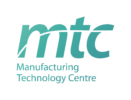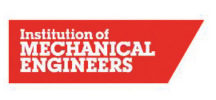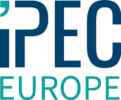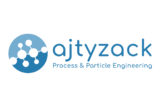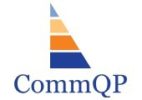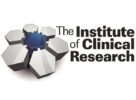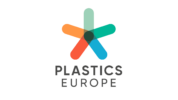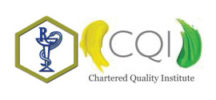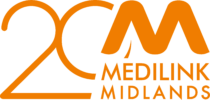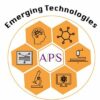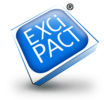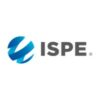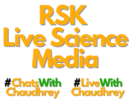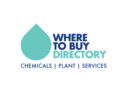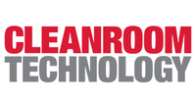Quality Risk Management or QRM is used for identifying, assessing, and mitigating risks, and it is a critical part of an effective pharmaceutical quality system to effectively control the production and distribution of medicinal products. The industry standard for QRM, ICHQ9, has been around for nearly twenty years now, and the most recent revision, ICHQ9(R1), was just last year reissued to update and correct some deficiencies in the original text.
A good QRM process will list all potential risks associated with the product or manufacturing process under review using science-based decision-making. QRM should be embedded in the QMS with its own procedure to outline how risk assessments are determined, including the level of formality and type of assessment to be used. Risk analysis/assessment tools identify and assess hazards, while risk control is used to minimize or manage risk to acceptable levels. The QRM process itself involves making decisions for each hazard on the severity, probability of occurrence, and detectability.
Pharmaceutical manufacturers and distributors can and often do fall foul of not correctly utilising QRM principles in their competent authority inspections, leading to inspection non-compliance findings. For example, in your change control process, could you put your hand on your heart and say that all risks in all change controls are identified and assessed and appropriate risk mitigation strategies implemented to ensure that the products meet all critical quality attributes? Also, with the revised Annex 1 now effective, can we be certain that cross-contamination risks are all fully addressed to ensure that residues will not contaminate subsequent batches?
In this presentation, I intend to give an overview of effective QRM processes, when risk management should be used, and the pitfalls to avoid. I will also give some examples of really effective QRM tools suitable for various situations where risk assessments should be used and tips and advice on how to use these tools.
 Damian Larrington Pharmaceutical Quality Professionals - Pharmaceutical Quality Professionals
Damian Larrington Pharmaceutical Quality Professionals - Pharmaceutical Quality Professionals













